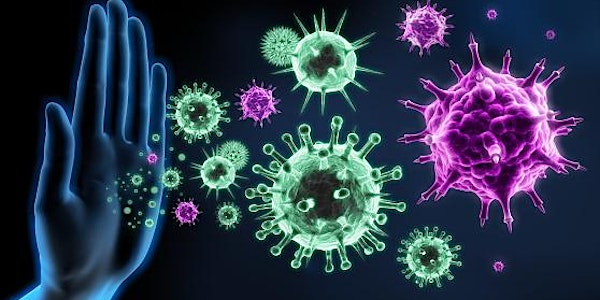
Seminar by Dr Sophie Ugolini
Neuroimmune interactions in the skin, from molecular mechanisms to therapeutic perspectives. Online via Teams. Link will be sent on 19 Nov
By Nuffield Department of Clinical Neurosciences
Date and time
Tue, 23 Nov 2021 05:00 - 06:00 PST
Location
Online
About this event
Organised by
We are at the forefront of one of the greatest challenges of the 21st century - deciphering how the brain works. Oxford Neuroscience coordinates neuroscience research across four University of Oxford campuses, including departments at the John Radcliffe and Warneford Hospitals. Our aim is to translate discoveries from the laboratory through to improving clinical practice.